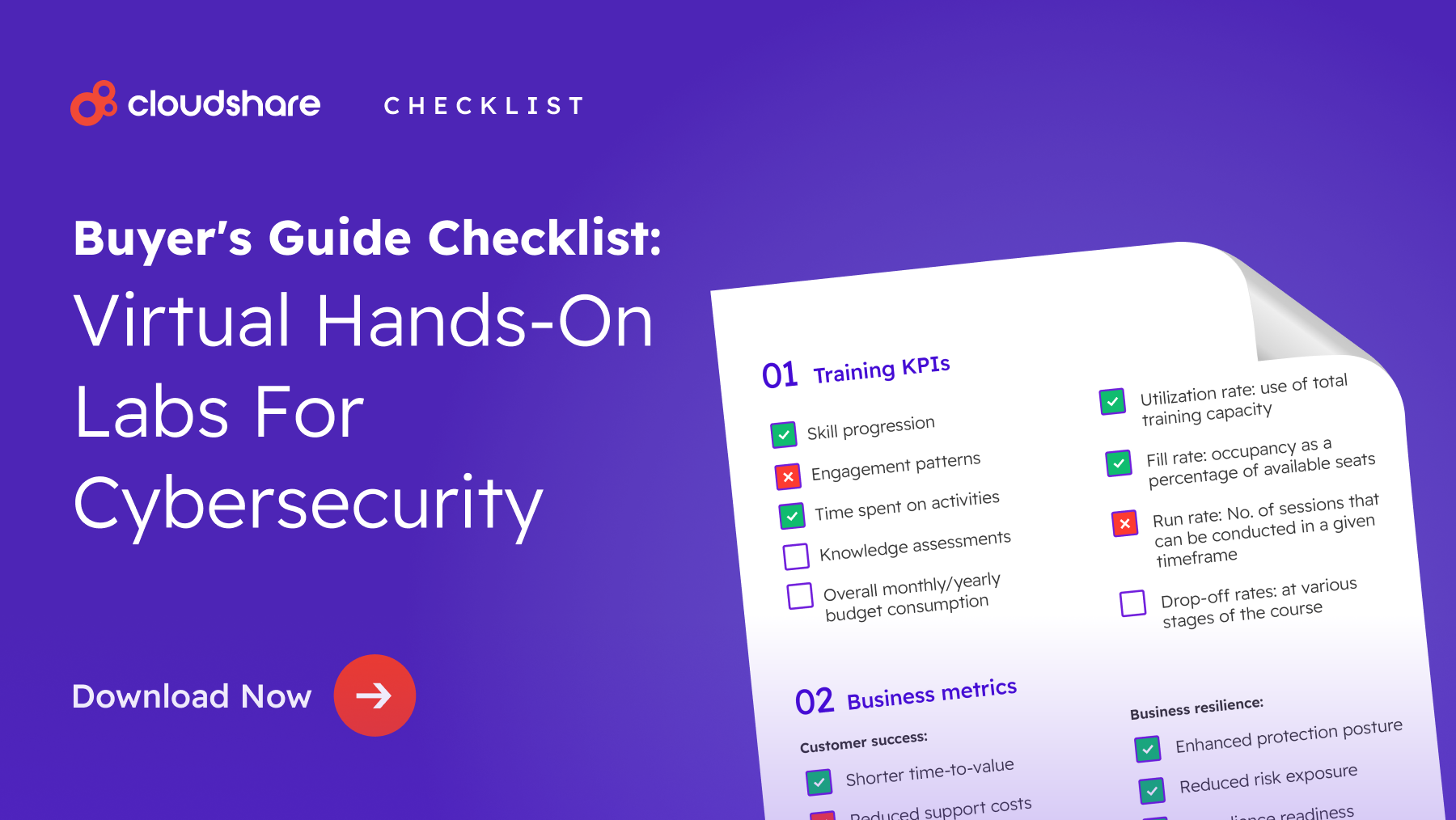Glossary
Learning Management System (LMS)
DEFINITION
A learning management system is a type of software that assists in delivering educational content. Let’s break down the three components of the definition for LMS:
- Learning involves taking all the online training materials and collecting them in one convenient digital spot for easy access.
- Management means you have control over the learning process. Adding participants and courses is easy since everything is digital. You can even plan out examinations and physical meetings through many programs.
- Systems imply that a computer system takes over all the “busy work,” such as grading performance, hosting multimedia content, and collecting feedback/statistics.
From small businesses to large enterprises, corporate clients often rely on LMS automation to take the hassle and cost out of training customers and business partners.
What Are the Benefits of Cloud LMS?
One might ask why companies would choose cloud LMS services over traditional classroom training. Several advantages include:
- Lower costs thanks to the improved efficiency of digital content
- Better knowledge retention as a result of multimedia content, live lectures, and interactions with peers and instructors
- More convenient scheduling because course materials are accessible at any time from any device with an Internet connection
- Instant feedback and statistics on participants’ progress to gauge the impact on your business
The comprehensive nature of digital learning combined with the convenience and accessibility of online tools makes learning management systems a must-have for any modern company.
What Are Some Use Cases of Learning Platforms?
While organizations are the primary customer base of many LMS services, the knowledge involved is often most helpful for a wide variety of people and use cases within those companies. Some of the many use cases include:
- Initial onboarding. Getting new workers up to speed on current company matters goes a long way to ensuring maximum productivity as early as possible. Online LMS gets the job done quickly and effectively.
- Ensuring compliance. Businesses often require staff certifications to avoid risk regarding government regulations. Make sure your company stays compliant with an LMS.
- Training consumers. LMSs are not only for employees. Say your product or service is rather complicated and requires some practice for users to get the most value out of it. An LMS is an ongoing effort to maximize the effectiveness of your product and reduce client frustration.
- Partner training. Digital learning platforms help you leverage your partners better. Enhance your partnership program and encourage more individuals to join with an LMS.
As learning management systems gain in popularity and adoption, more and more organizations are starting to see the potential and will find their own uses for such a versatile digital learning tool.
Investing in a reliable LMS is also an investment in your future. Whether you are using it to train customers, employees, or partners — companies that strategize, build out, and implement a LMS will benefit from improved control over how you educate your users, the quality of the information they are engaging with, and more.


